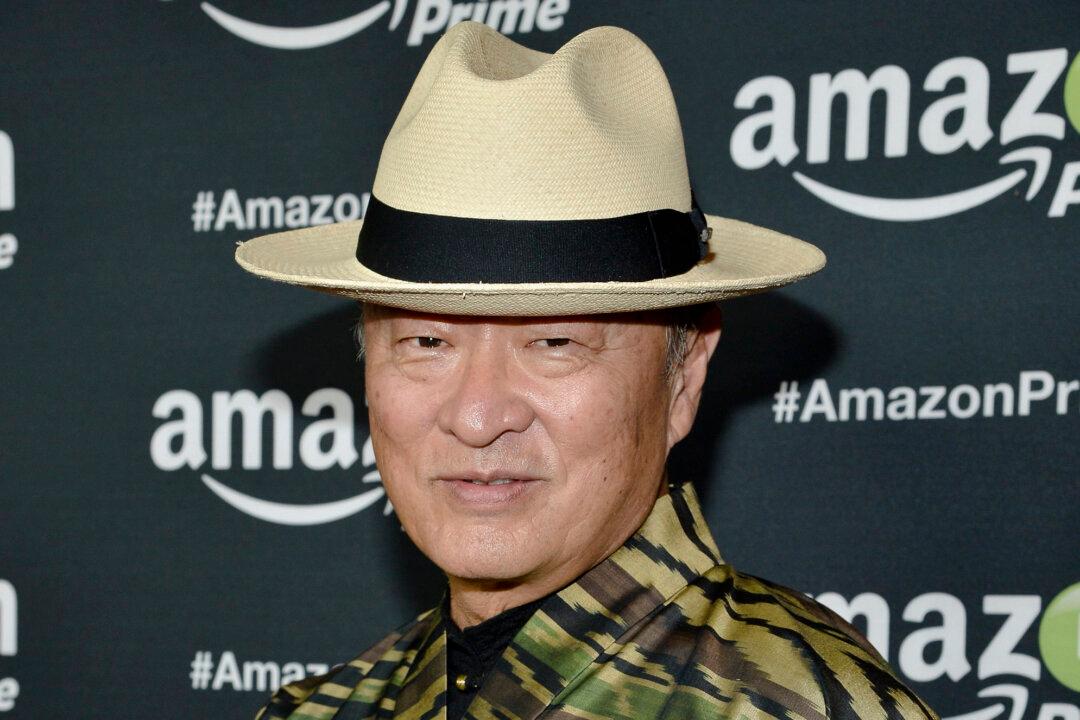A year and a half after publicly revealing he has a genetic predisposition for Alzheimer’s disease, Chris Hemsworth has once again shut down claims that he is stepping away from Hollywood to focus on his health.
Gracing the cover of Vanity Fair’s May issue, the Australian actor told the publication that the media’s reaction to his health revelation initially upset him.





